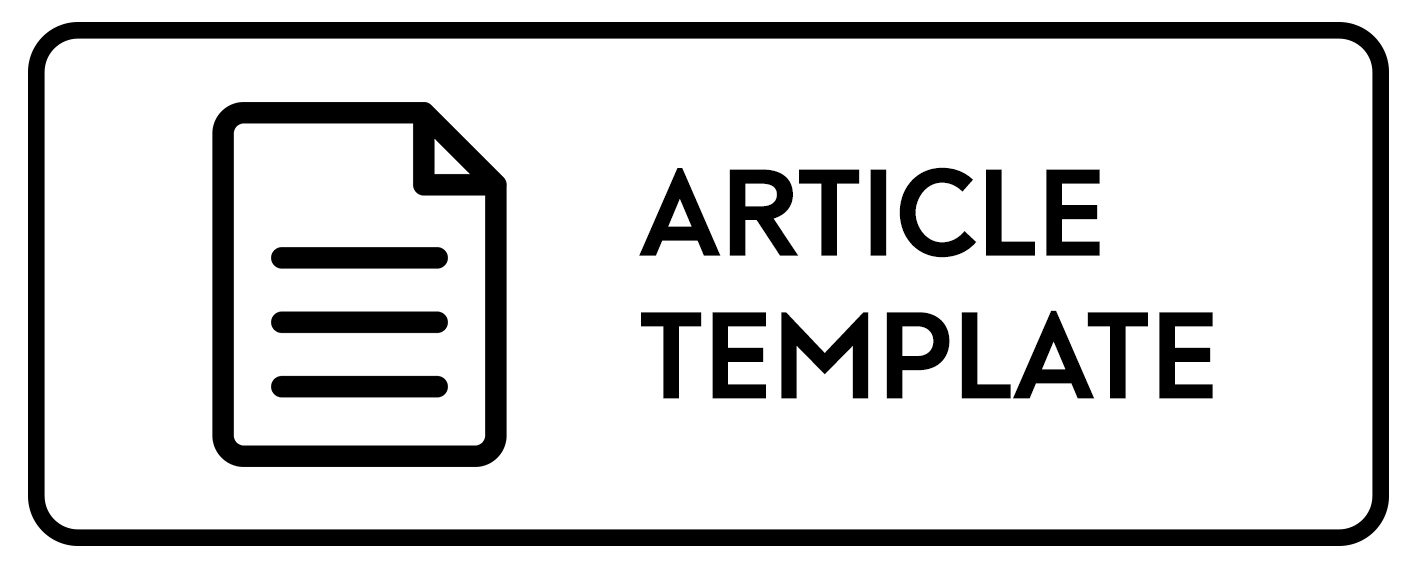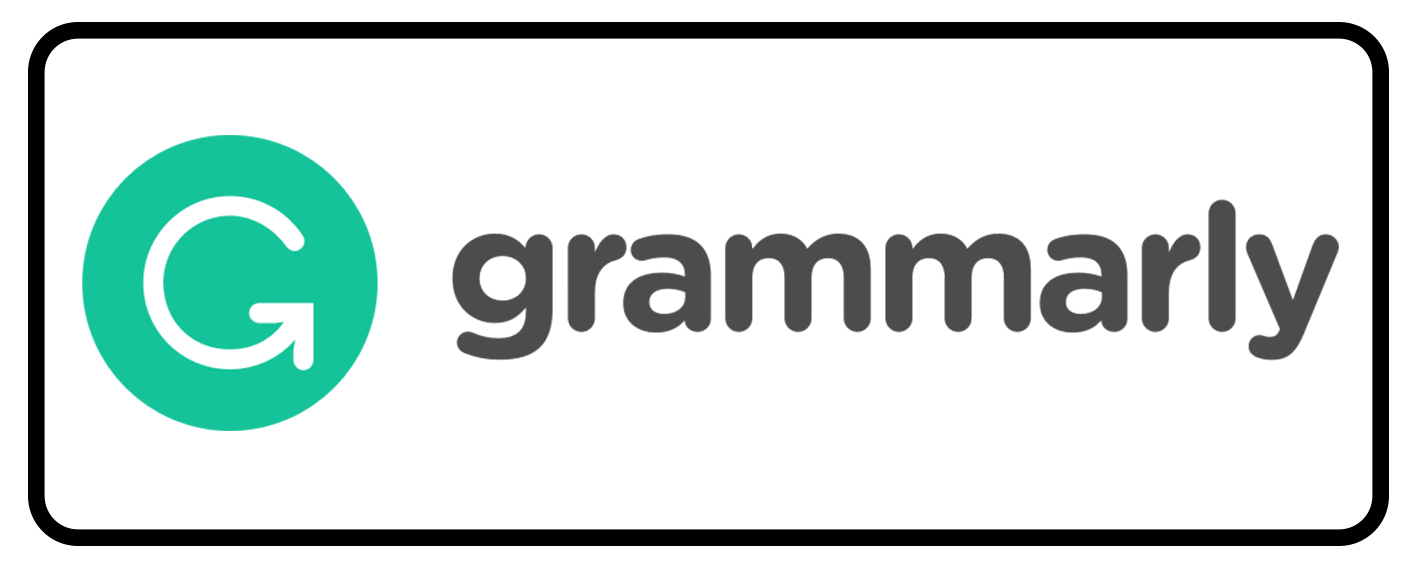PRESUPPOSITION ANALYSIS OF CHARACTER’S UTTERANCES IN CAMP ROCK MOVIE
Abstract
Keywords
Full Text:
PDF (Bahasa Inggris)References
A’la, S. D. N., & Zakrimal. (2020). An analysis of presupposition in “Ouija : Origin of Evil movie” : pragmatics approach. Scientia Journal, 2(2). http://ejournal.upbatam.ac.id/index.php/scientia_journal/article/view/2245
Aminah, S. (2021). Presupposition in Kim Namjoon’s speech at united nation general assembly. PROJECT (Professional Journal of English Education), 4(2), 172–177. https://journal.ikipsiliwangi.ac.id/index.php/project/article/view/4759
Creswell, J. W. (2014). Research design: Qualitative, quantitative, and mixed methods approaches (4th ed.). Thousand Oaks, California: SAGE Publications, Inc.
Guswita, K. A., & Widodo, P. (2019). Presupposition triggers in the Washington post and Lost Angeles times online news. LINGUA, 16(1), 25–36. https://doi.org/10.30957/lingua.v16i1.572.
Kristy, Y., Deliana, & Harefa, Y. (2020). Presupposition in Beauty and The Beast movie. Language Literacy: Journal of Linguistics, Literature and Language Teaching, 4(2), 375–383. https://doi.org/10.30743/ll.v4i2.2752
Liang, S. (2020). An analysis of police interrogation from the perspective of presupposition: A case study of Jodi Arias case. InternationalJournal of Linguistics, Literature and Translation (IJLLT), 3(9), 184–193. https://doi.org/10.32996/ijllt.2020.3.9.19
Nurchaerani, M., & Intani, E. N. (2019). Existential and non-factive presupposition in candy advertisements, a pragmatics study. Jurnal Eduscience, 4(2), 81–86. https://ejurnal.esaunggul.ac.id/index.php/EDU/article/view/2735
Saputra, R. A., Zahrida, & Hati, G. M. (2021). Presupposition on Barack Obama’s speech at islamic society of Baltimore. Journal of English Education and Teaching (JEET), 5(2), 281–289. https://ejournal.unib.ac.id/index.php/JEET/article/view/13400
Sudaryanto. (2015). Metode dan aneka teknik analisis bahasa. Yogyakarta: Sanata Dharma University Press.
Sugiyono. (2013). Metode penelitian kuantitatif kualitatif dan R&D. Alfabeta.
Tambunan, A. R. S., Lubis, F. K., Purba, N., Girsang, M., & Sembiring, E. M. B. (2019). Presupposition in “Barbie and the Magic of Pegasus” movie. Asian Themes in Social Sciences Research, 3(1), 18–21. https://doi.org/10.33094/journal.139.2019.31.18.21
Yule, G. (1996). Pragmatics. Oxford: Oxford University Press.
Yule, G. (2014). The study of language (5th ed.). New York: Cambridge University Press.
DOI: http://dx.doi.org/10.30872/calls.v8i1.6365
Copyright (c) 2022 Melly Melly, Ambalegin Ambalegin

This work is licensed under a Creative Commons Attribution-ShareAlike 4.0 International License.
Editorial address:
Fakultas Ilmu Budaya, Universitas Mulawarman
Address: Jl. Ki Hajar Dewantara, Gunung Kelua, Kec. Samarinda Ulu, Kota Samarinda, Kalimantan Timur, Indonesia 75123
Email: jurnalcalls@fib.unmul.ac.id
Website: http://e-journals.unmul.ac.id/index.php/CALLS

CaLLs: Journal of Culture, Arts, Literature, and Linguistics site is licensed under a Creative Commons Attribution-ShareAlike 4.0 International License
CaLLs: Journal of Culture, Arts, Literature, and Linguistics indexing by:














